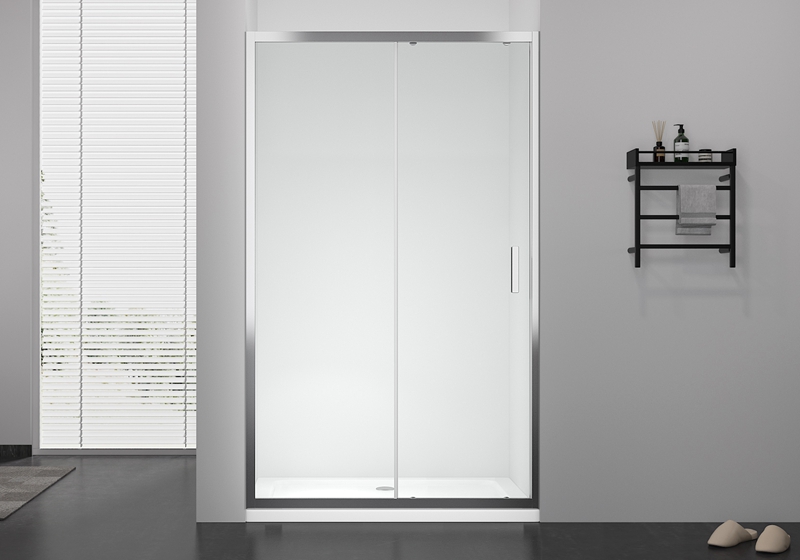The materials usually used for gaskets in hinged classic shower enclosures are PVC (Polyvinyl Chloride) and rubber. These materials have precise properties that contribute to lengthy-time period sealing overall performance.
PVC Gaskets: PVC gaskets are often utilized in shower enclosures due to their sturdiness, flexibility, and resistance to moisture. These gaskets are normally molded into diverse styles and sizes to healthy the particular design of the bathe enclosure. PVC gaskets have remarkable sealing properties and might effectively prevent water leakage while hooked up efficiently. Additionally, PVC has precise resistance to growing old, which means that it will maintain its sealing residences over an extended duration.
Rubber Gaskets: Rubber gaskets are another not unusual desire for shower enclosures. Typically crafted from EPDM (Ethylene Propylene Diene Monomer) rubber or silicone rubber, these gaskets offer tremendous elasticity, flexibility, and resistance to moisture, warmness, and chemicals. Rubber gaskets also have great climate resistance and may withstand exposure to UV rays, stopping discoloration or degradation over the years.
Both PVC and rubber gaskets are designed to offer an effective seal between the bathe enclosure's glass panels or door and the surrounding structure. These gaskets play a critical position in maintaining the enclosure's water-tightness and stopping leaks. Here's how they make contributions to lengthy-term sealing performance:

Water Resistance: The number one motive of gaskets is to prevent water from escaping the bathe enclosure. The substances used within the gaskets have inherent waterproof residences, ensuring a reliable seal. They create a barrier between the glass and other components of the enclosure, which include the body or the fixed panels, preventing water from seeping via and causing harm.
Flexibility and Compression: Gaskets can accommodate moderate versions in dimensions and offer a tight seal even though the surfaces they join have minor irregularities. PVC and rubber materials are bendy and may compress effortlessly when the door or panels are closed, permitting the gasket to fill any gaps and distribute the strain flippantly. This flexibility allows keep the sealing integrity through the years, even when the enclosure studies ordinary use.
Resistance to Wear and Tear: Shower enclosures are subjected to frequent opening, final, and the consequences of water, soap, and cleansing dealers. PVC and rubber gaskets are mainly designed to resist put on and tear caused by these factors. They have notable resistance to cracking, getting old, discoloration, and degradation, making sure long-lasting sealing overall performance.
Easy Maintenance: PVC and rubber gaskets are particularly low preservation. They are immune to mildew and mould growth, and any collected dirt or cleaning soap scum can be easily cleaned with mild soap and water. Regular cleansing facilitates preserve the gaskets' integrity and make bigger their lifespan, contributing to lengthy-term sealing performance.




 English
English Deutsch
Deutsch
















